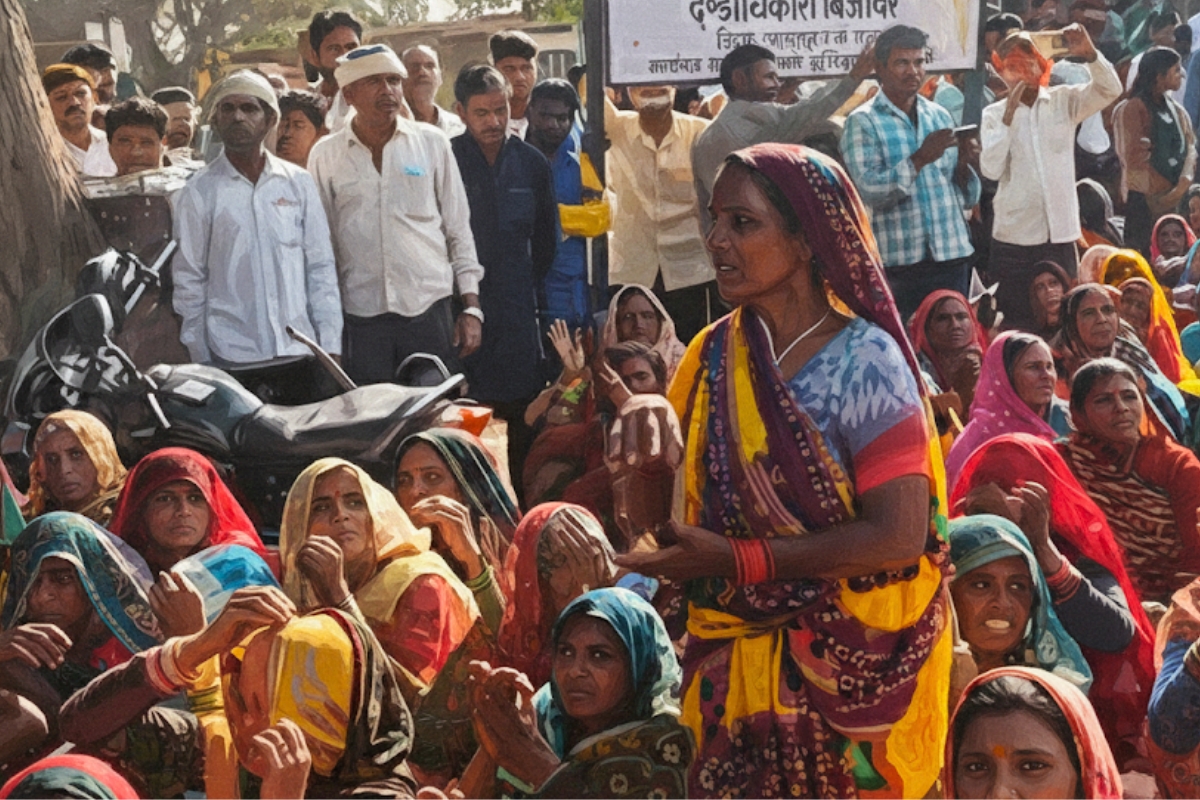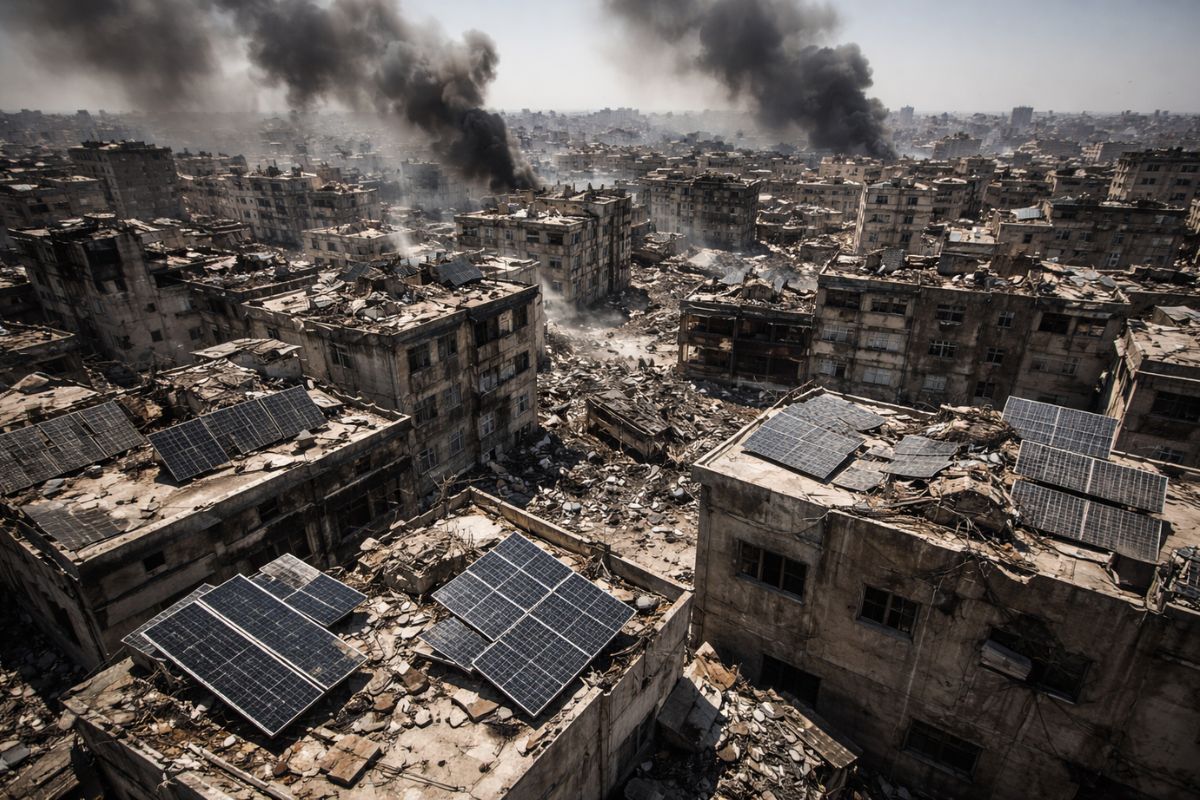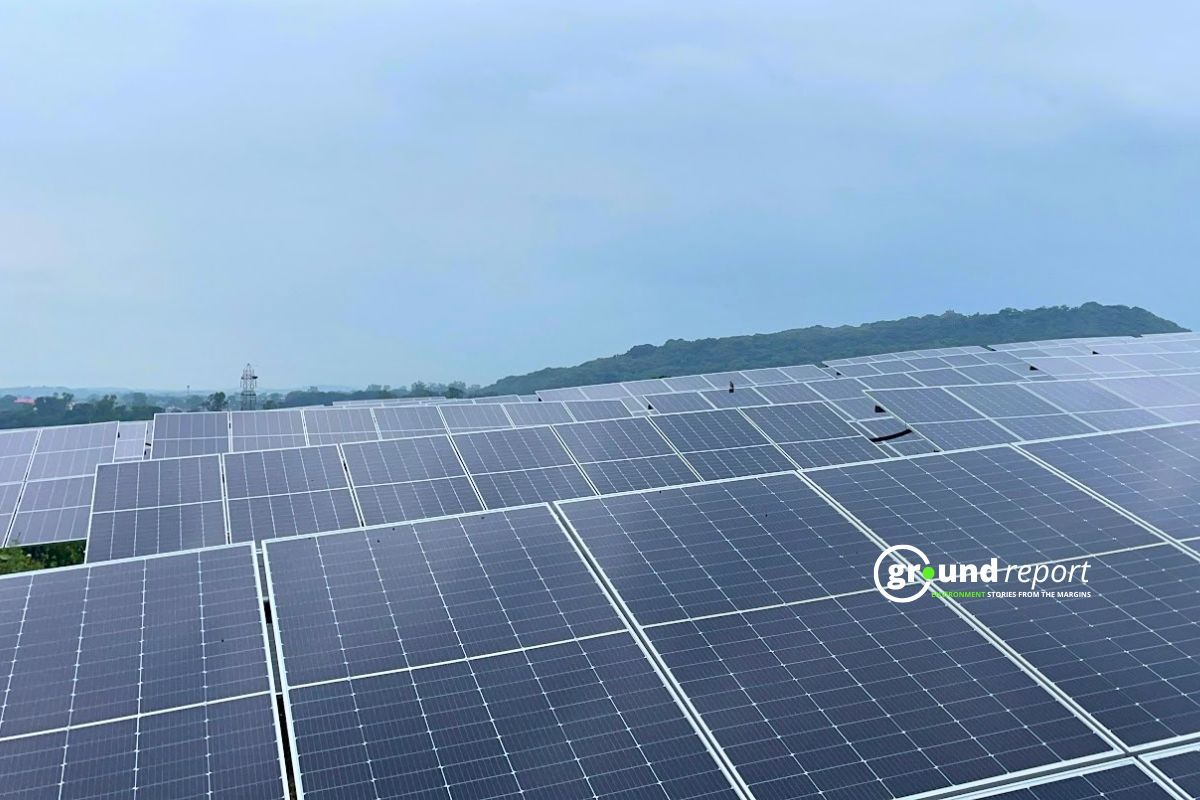Madhya Pradesh is embarking on an ambitious ₹919 crore project to divert the polluted Kanh River away from the sacred Shipra Riverin preparation for the 2028 Kumbh Mela in Ujjain. The Kanh Close Duct Project involves constructing underground tunnels and channels to redirect the Kanh River’s flow from Shipra to the Gambhir River.
The Kanh River, flowing from Indore (India’s cleanest city), carries industrial pollutants that contaminate the Shipra River – a sacred waterway where millions of devotees take holy dips during the Kumbh Mela. Chief Minister Mohan Yadav is personally monitoring this project to ensure pilgrims don’t bathe in polluted waters during the 2028 gathering.
The project involves building an underground closed duct tunnel that will pass beneath farmers‘ agricultural lands. The government claims it will treat the Kanh River water before releasing it into the Gambhir River. However, this raises serious environmental concerns.
Despite spending ₹650 crore over 21 years on cleaning the Kanh River, the waterway remains heavily polluted. Critics question the logic of diverting pollution rather than eliminating it at the source. If the water can be treated adequately for the Gambhir River, why not treat it for the Shipra and save taxpayer money?
The project also ignores other pollution sources affecting the Shipra, including nearby industrial units. Environmental experts worry about transferring pollution from one river system to another without addressing the root causes.
This expensive solution highlights the government’s failure to effectively tackle river pollution through conventional means. While the Shipra River’s religious significance justifies extraordinary measures, the approach raises questions about sustainable water management and environmental justice.
The project underscores broader challenges in balancing religious tourism, environmental protection, and fiscal responsibility in modern India.
Support us to keep independent environmental journalism alive in India.
More Video Reports
The Tragic Death of Biaora’s Ajnar River: From Sacred to Sewage
Tapti Basin Mega Recharge Project: Water Crisis Solution for Two States
Sexed Semen: Madhya Pradesh determining calf’s gender
May Rains Hit Tendu Leaf Collectors in Madhya Pradesh
Follow Ground Report on X, Instagram, and Facebook for environmental and underreported stories from the margins. Give us feedback on our email ID greport2018@gmail.com.
Don’t forget to Subscribe to our weekly newsletter, Join our community on WhatsApp, and Follow our YouTube Channel for video stories









